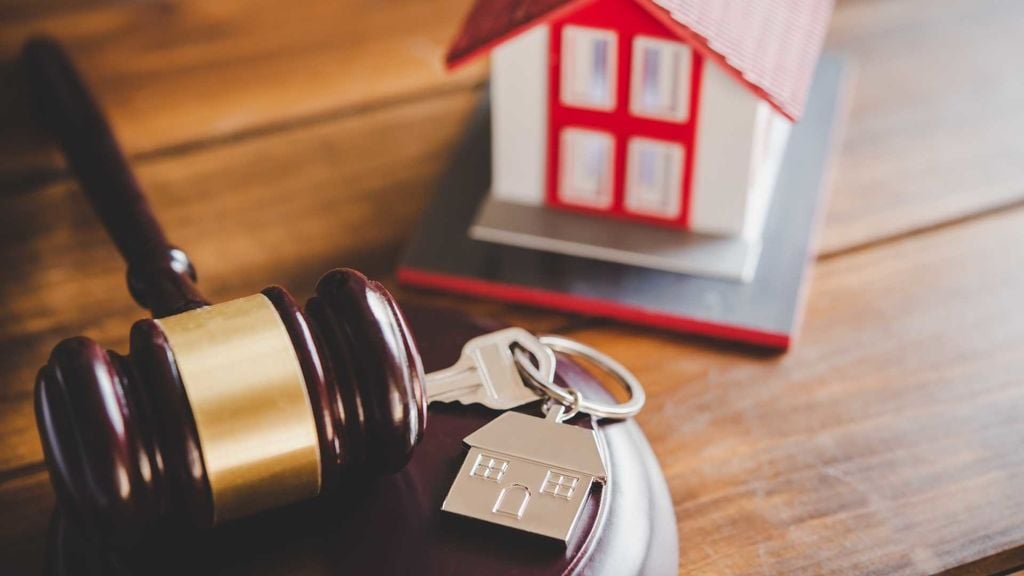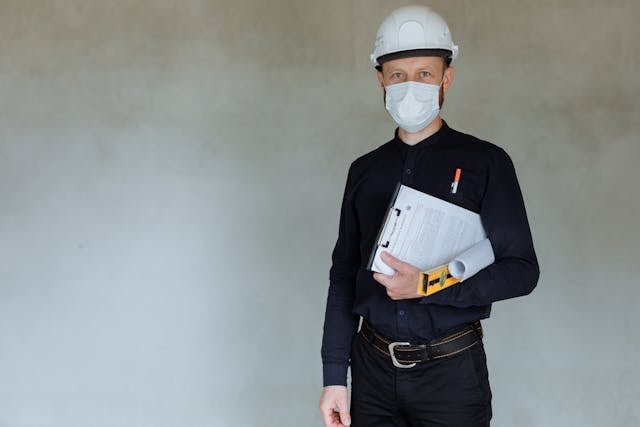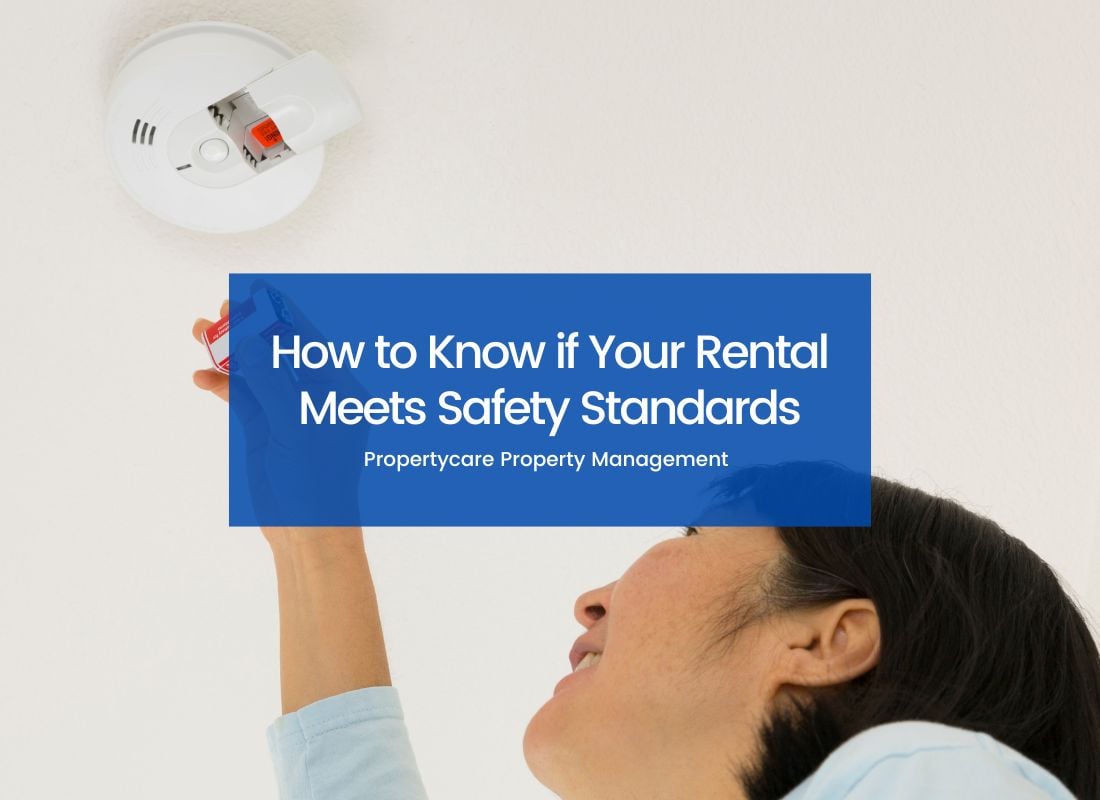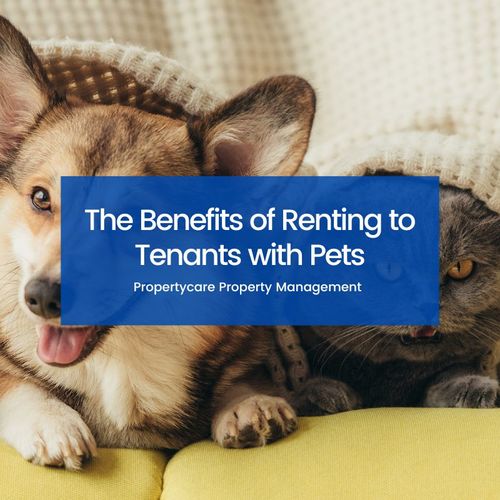Key Takeaways
- Safety is non-negotiable in rental management – Tenants prioritize safe housing, and landlords who meet federal, state, and local safety requirements protect their investments while avoiding liability and legal issues.
- Proactive inspections and maintenance preserve value – Regular checks on systems like plumbing, electrical, and structural components, along with fire safety measures and pest control, prevent small issues from becoming costly hazards.
- Education and documentation strengthen tenant trust – Keeping thorough records, educating tenants on safety practices, and responding quickly to reported issues not only build stronger landlord-tenant relationships but also reduce turnover and enhance long-term property performance.
When it comes to renting out your property, there are two things tenants care deeply about price and safety. While prices may be flexible, safety is not, especially in the eyes of the law. As a Houston landlord, making sure your rental is up to code isn’t just about doing the right thing. It’s also about protecting your investment, avoiding liability, and retaining good tenants.
So how can you tell if your rental property actually meets safety standards? We at PropertyCare Property Management have created this breakdown that covers what you need to know: from legal requirements to fire safety, pest control, and even documentation.
Compliance with Legal Requirements
Legal jargon can be a confusing, but compliance with the law is nonnegotiable. Before you worry about inspections or upgrades, take a step back and make sure your rental complies with all federal and local regulations.

Federal Fair Housing and HUD Regulations
The Fair Housing Act is designed to prevent discrimination, ensuring everyone has a equal access to housing. On the federal scale, you’re required to follow the Fair Housing Act and safety-related laws like the HUD’s Housing Quality Standards. These guidelines define what “safe and sanitary” housing should look like.
Local Legislation
Federal laws are the baseline, but state governments often have their own specific regulations. For example, in Houston, policies like the Livable Places Housing Recommendations and Essential Housing Policy set additional standards for rental properties.
If you’re unsure what applies to your specific neighborhood, you can reach out to local housing officials or work with a property manager who already knows the ins and outs.
Regular Inspections and Maintenance
A beautiful-looking home doesn't always mean a safe one. To ensure that a home truly safe, you need to perform inspections. DIY inspections might save you money upfront, but they can cost you later.
It’s, therefore, better to hire a professional who can conduct a thorough inspection of the property, including but not limited to electrical systems, plumbing, air conditioning, and even more fundamental matters like structural integrity.

Landlords should also be proactive, not reactive, when it comes to property maintenance. Regularly inspecting and maintaining things like roofs, foundations, and pipes prevents minor issues from turning into major, dangerous problems.
Fire Safety
The first step to ensuring fire-safety is to install smoke detectors and fire extinguishers in each room and on every floor. This increases the chances of early detection and prevention of fire outbreaks. Your fire safety checklist can include:
- Smoke detectors in all key areas,
- Fire extinguishers.
- Carbon monoxide detectors if your property uses gas.
- Clearly marked exits.
- A fire escape plan.
Educate tenants on various fire safety tips like proper storage techniques for flammable materials and instruct them to never block exists with furniture. In large buildings you should also have occasional fire drills.
Pest Control Standards
You must take swift action if you of your tenants note signs of pets or mold. Having a concrete plan to address these threats will significantly reduce risks to tenants and all other individuals in your rental unit.
Documentation and Certification Compliance
Keep all documents pertaining to the house including records of repair and maintenance, payment of bills, and inspections.

These can always come in handy, not just to keep track of what has or has not been done, but also to help you out of a pinch should you encounter legal disputes or any emergencies.
Tenant Education
No matter how many alarms or inspections you have, safety ultimately comes down to people, processes, and awareness. Educate your tenants on how to use safety equipment, share emergency contacts, and encourage them to report any potential hazards.
When tenant report issues, take action right away. When tenants feel their safety is valued they’re more likely to rent long-term.
Other Safety Considerations
Other smart safety considerations that aren’t legally required but can be extremely helpful include:
- Motion-sensor lighting around entrances.
- Sturdy deadbolts and window locks.
- First-aid kits in multi-unit buildings.
- Flashlights or emergency kits in common areas.
- Outdoor cameras or a smart home security system.
Why Safety Standards Matter for Landlords
Adhering to all safety regulations helps protect you from potential legal trouble, including fines and lawsuits that can arise from tenant injuries or property damage. Beyond that, a well-maintained, safe property attracts and retains good tenants and reduces turnover. By being proactive about safety, you build a reputation as a responsible Texas landlord, which is one of the most valuable assets you can have.
Bottom Line
Ensuring property safety requires consistency and diligence. By staying on top of your responsibilities you can experience higher rates of tenant satisfactions and retention, and protect the long-term value of your rentals.
And if this all seems like too much to handle on your own, don't worry, our team of expert property managers are always ready to help. Reach out to us, and let’s work together to make your home the safest it can be!


